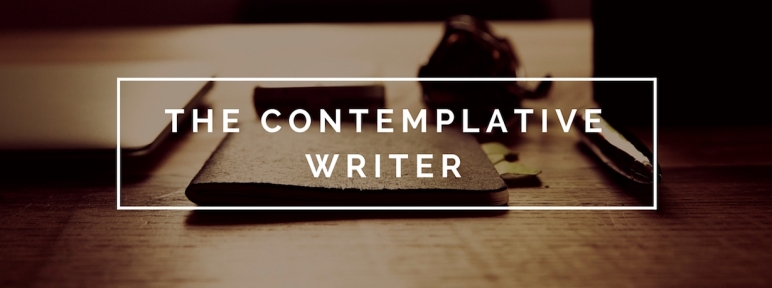One day, my daughter was frustrated because she was trying to write some song lyrics and could not make the words come. I suggested she go do something else for awhile. Later, when she was bopping down the hallway and thinking about other things—things related to but not directly about her song—she found the words she was looking for. When she wasn’t being “productive,” productivity came.
This phenomenon is addressed in an article in Collaborative Fund: The Advantage Of Being A Little Underemployed. I was put off by the title (that’s a story for another time), but I resonated strongly with the author’s main idea: if you’re in a “thought job,” you need unstructured time to wander, think, be curious, and dream. Sitting at a desk for hours on end isn’t always the best road to getting things done.
The article mostly addresses office jobs that have scheduled hours, but I think it also applies to my own non-office, writerly kind of work. If I force myself to churn out articles, blog posts, or book chapters, I often get stuck. If I give myself time to step back and wander off, I can see my way through. In fact, the the best part of my day or week is when I don’t make progress on a particular writing project but spend some time dreaming about the big questions I’m trying to answer or about new projects I want to tackle. Is it the same with you?
The Collaborative Fund article begins with some history of the current 40-hour work week and concludes:
Since the constraints of physically exhausting jobs are visible, we took decisive action when things weren’t working, like the Adamson Act. But the limits of mentally exhausting jobs are nuanced and less visible, so we get trapped in a spot where most of us work a schedule that doesn’t maximize our productivity, yet we do nothing about it.
*****
Then we hear the research and theory behind time-away-from-work or less structured work days:
Not all jobs require creativity or critical thinking. But those that do function better with time devoted to wandering and being curious, in ways that are removed from scheduled work but actually help tackle some of your biggest work problems.
*****
The “larger questions” often can’t be tackled at work, because creativity and critical thinking require uninterrupted focus – like going for a walk or sitting quietly on a couch by yourself. Or a bike ride. Or talking to someone outside your field.
*****
Since the butt-in-chair kind of productivity is so ingrained in our culture, we have to be intentional about building unstructured time into our day.
How do you work when you’re not actually working?
Read the article here.





